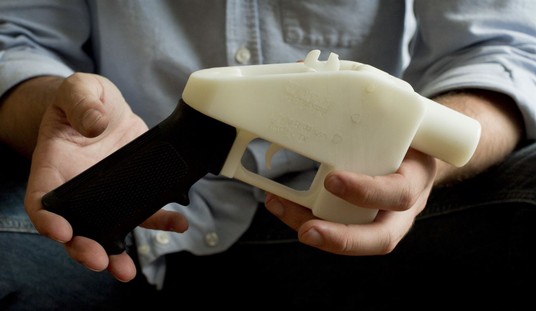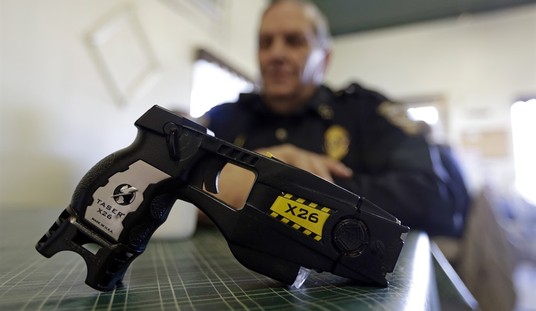For the sixth straight year, Baltimore is going to end up with more than 300 homicides, though 2020’s total may actually end up being slightly less than the record-setting 348 homicides in the city in 2019. As of Monday morning, there’ve been 286 murders in the city this year, and hundreds more non-fatal shootings. One of the most recent incidents involved a couple of teenagers who ended up shooting at one another inside a barber shop over the weekend, leaving both injured.
Residents in the Fells Point neighborhood say it’s not shocking or unusual to hear about teenagers with guns in their community.
“Guns just float around in the streets,” said neighbor Jermaine Hardy.
“Don’t nobody want to talk it out no more, if you walk away you a punk,” said another woman.
Baltimore police say there have been more than 35 non-fatal shootings involving minors, so far this year, 13 have been killed.
“I have a lot of pain inside, deep, deep pain,” Angela Atkins told Fox 45 News after her son, Jaheem, just 16 was killed in a hail of bullets outside of a corner last month.
Daniel Webster with the Johns Hopkins Center for Gun Policy and Research said Federal and State authorities like the Bureau of Alcohol Tobacco and Firearms and Maryland State Police, need to get a better handle on trafficking.
“We should be looking to the agencies, what they’re doing to prevent the trafficking of guns in Baltimore city and those guns are killing young people at an unacceptably high rate,” he said.
Keep in mind that Maryland has some of the most restrictive gun control laws on the East Coast, including a ban on so-called assault weapons and “large capacity magazines”, universal background checks, and “may-issue” concealed carry laws that make it impossible for the average resident to lawfully carry for self-defense. Since the passage of the sweeping anti-gun laws known as the Firearms Safety Act in 2013, however, violent crime and shootings in Baltimore have trended in the wrong direction.
Even ardent gun prohibitionists like Daniel Webster can’t claim with a straight face that Baltimore’s problems can be addressed with the passage of a few more gun control laws, and at least one local activist says it’s time to look beyond the guns themselves and focus on the people pulling the triggers.
Community leader Munir Bahar works with at-risk kids says the issue is more than just about access to guns, there’s a generation of Baltimore’s children who’ve experienced deep trauma.
“Why are they so angry that in a moment, in a few seconds in a negative situation they’re ready to take somebody’s life?”
“There’s neglect, abuse and nobody’s teaching them how to deal with it, how to process it on a daily basis,” he said.
Programs like the JROTC do exist in several high schools in the city, but by the time kids get to high school it may be too late to help. Anti-gang programs need to begin in elementary school alongside character development, critical thinking skills, and de-escalation tactics.
Baltimore also needs to rebuild a culture of lawful gun ownership after decades of city leaders doing everything in their power to make guns taboo. Those officials haven’t made guns less desirable, but they’ve made it almost impossible to safely learn about the rights and responsibilities of gun ownership. There are no gun ranges in Baltimore, and no gun stores either. The easiest way to learn about guns in Baltimore is on the street, with someone who’s likely illegally possessing a firearm. That’s a recipe for disaster, and we’re seeing the results on a daily basis in Baltimore.









Join the conversation as a VIP Member